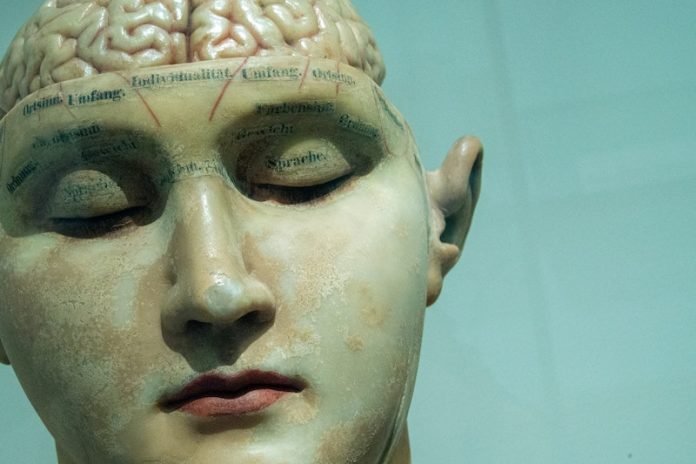
In a recent study from Manchester University and elsewhere, researchers have found a genetic brain disease that can cause paraplegia and epilepsy in sufferers.
The study is published in the neurological journal Brain. One author is Dr. Banka.
The disease is called Hereditary spastic paraplegias (HSP). It includes a group of genetic disorders that cause weakness and stiffness in the leg muscles.
Generally, symptoms gradually get worse over time, and severely affected patients are wheelchair dependent.
Changes in several genes are known to cause HSP. However, the underlying cause in a substantial number of patients remains unknown. Currently, there is no cure for HSP.
Via human genetic studies and international collaboration, the team identified a new cause of HSP.
They found that this disease is caused by mutations in a gene called PCYT2, which caused the gene to be less active.
The researchers examined the effects of the condition using zebrafish and cell samples from patients with the disease.
They found that the gene encodes an enzyme that produces a lipid (a fatty molecule) that is used to build cell membranes in every cell of the body.
The lipid produced by the enzyme is particularly abundant in brain cell membranes.
A team in Amsterdam was also able to identify abnormal biochemical signatures in the cells and blood of the patients who donated samples.
Studying this crucial gene will help in understanding other types of HSP and other neurodegenerative diseases.
The researchers hope that these findings could be used as markers to help diagnose patients with the condition.
Copyright © 2019 Knowridge Science Report. All rights reserved.



